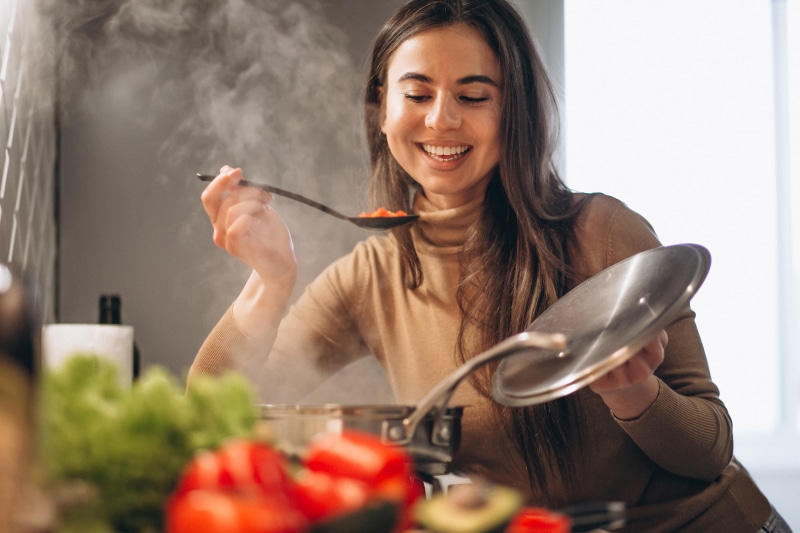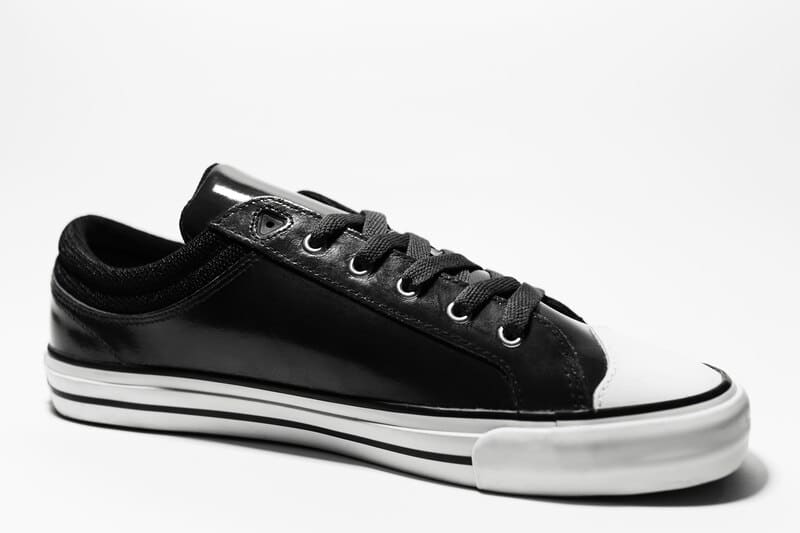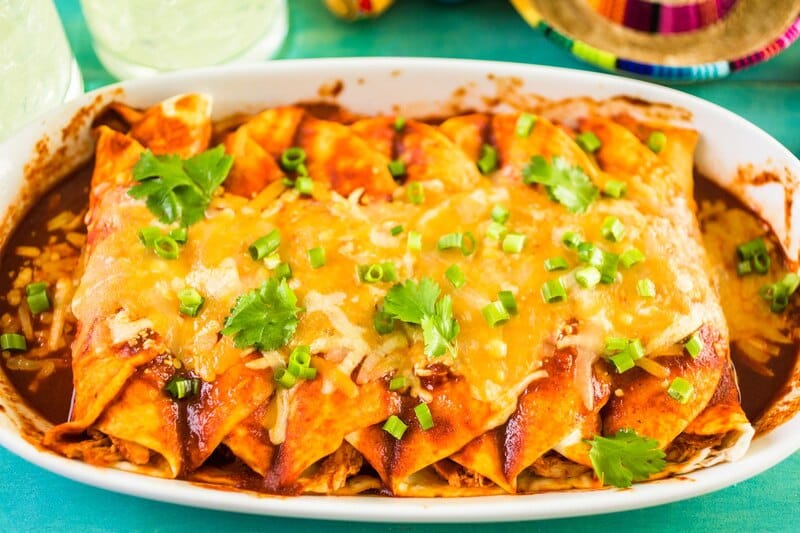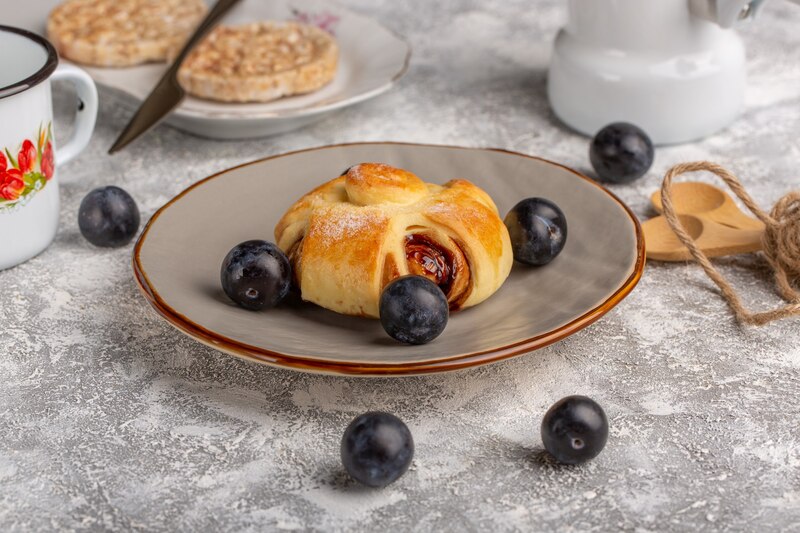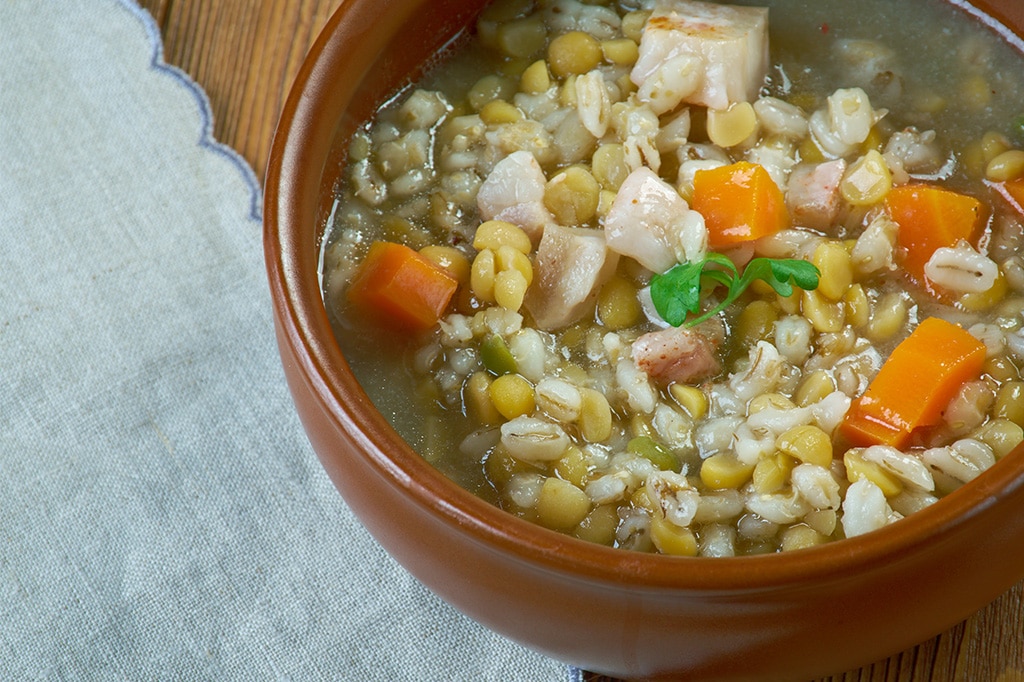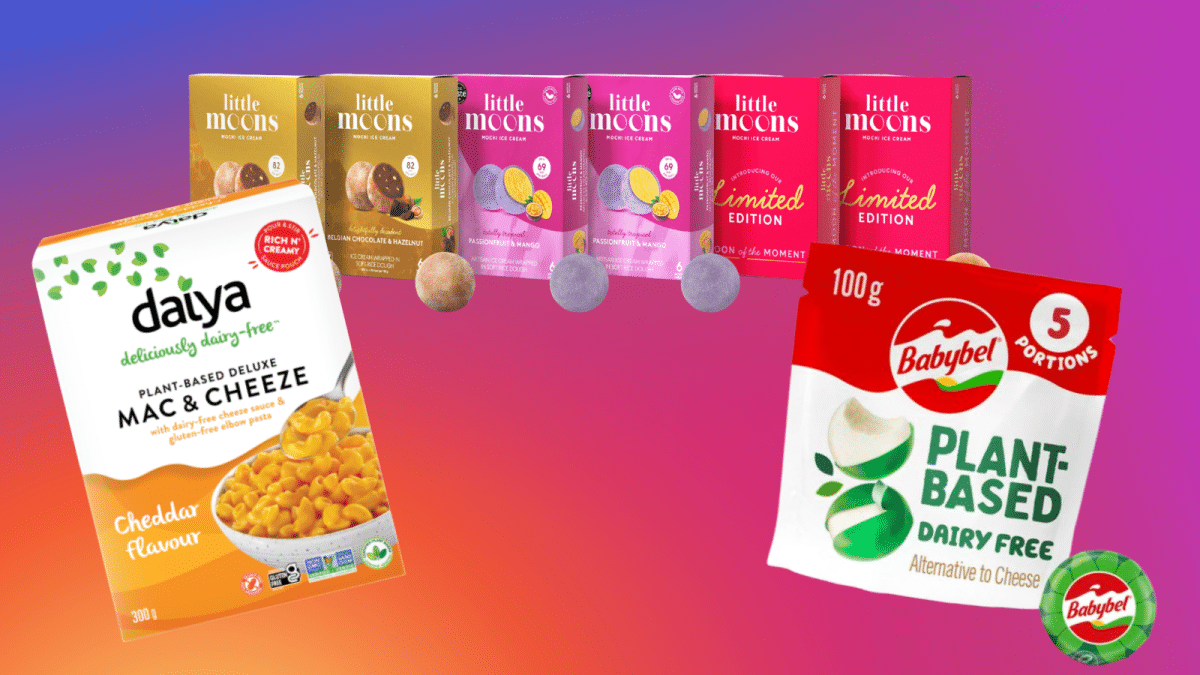Overall, a vegan diet can provide many health benefits. The avoidance of animal-based meals, which include numerous detrimental components such as cholesterol, trans and saturated fats, IGF-1, Neu5gc, and other foreign chemicals, is part of the reason for this. Iron, while still abundant in plants, is a little more difficult to come by in a vegan diet. Anemia is a prevalent condition that affects about 3 million Americans (not just vegans) and is caused by a lack of iron. Although not all vegans are anemic, knowing the essentials might help you prevent them in the future. Everything you need to know about veganism and anemia is right here.
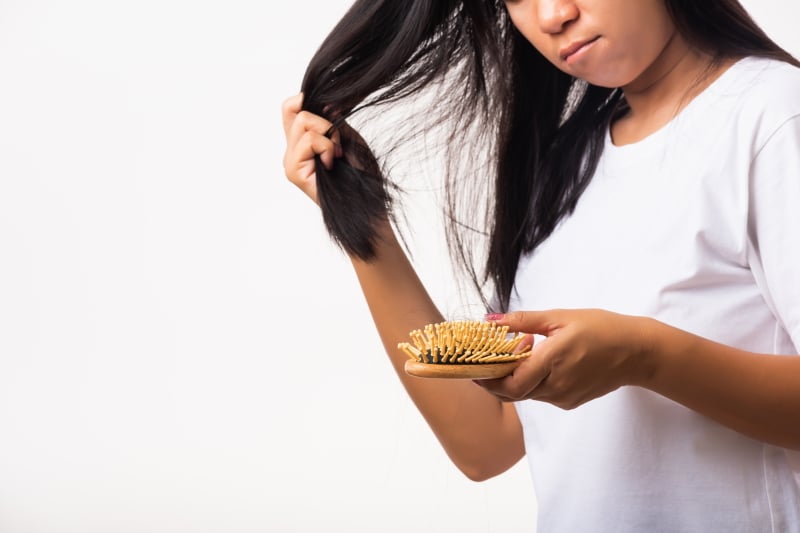
What exactly is anemia?
According to the National Heart, Lung, and Blood Institute, anemia is the most prevalent blood condition. Anemic people don’t have enough red blood cells (or have red blood cells that are damaged) to deliver adequate oxygen from the circulation to the body’s tissues. Anemia symptoms are graded on a scale of severity. Shortness of breath, dizziness, and brittle nails and hair are mild symptoms, whereas shortness of breath, dizziness and brittle nails and hair are more severe symptoms.
What are the causes of anemia?
Anemia is most commonly caused by a lack of iron, however, it is not the sole cause. Anemia can also be caused by heavy menstrual cycles in women, cancer, B12 deficiency, and several inflammatory and chronic disorders including IBS. While you may not be able to manage some of these more unusual triggers, you can control your iron and B12 consumption. More on how these two nutrients affect your blood oxygen levels may be found here.
Iron
Hemoglobin, a protein present in red blood cells, is essential for transporting oxygen from your lungs to the rest of your body. Iron is a key component of hemoglobin. Iron also helps cells work properly, controls hormone synthesis, and boosts your metabolism. The body cannot create enough red blood cells to carry adequate oxygen to the body’s tissues without enough iron, resulting in weariness. For most individuals, the recommended daily amount (RDA) for iron is 8 milligrams for males and 18 milligrams for women.
Heme vs. non-heme iron
Heme and non-heme iron are the two forms of iron. Heme iron is most commonly found in animal-based sources, although it is now also present in plant-based meats like Impossible Burgers. Non-heme iron, which is found in both plant and animal sources, is more easily absorbed than heme iron. Vegans are naturally deficient in heme iron, but they can still get enough by eating non-heme iron-rich foods.
According to Harvard T.H. Chan School of Public Health experts, 500 milligrams of vitamin C taken in the same meal can considerably enhance iron absorption.
Deficiency of vitamin B12
While vitamin B12 deficiency is one of the less prevalent deficiencies that can contribute to anemia, it is just as necessary as iron in the synthesis of red blood cells and the transfer of oxygen throughout the body. Because vitamin B12 is exceedingly difficult to come by in plant-based meals, it is the one supplement that every vegan (and human) should take daily. While there are some fortified vegan goods on the market, a vegan supplement is a better option.
The only popular plant-based food that naturally includes vitamin B12 is nutritional yeast, and while there are some fortified vegan items on the market, a vegan supplement is a safe and effective solution to avoid deficiency. Although most individuals only require 2.4 micrograms per day, don’t be frightened if your supplement includes up to 500 micrograms—this is not an overdose.
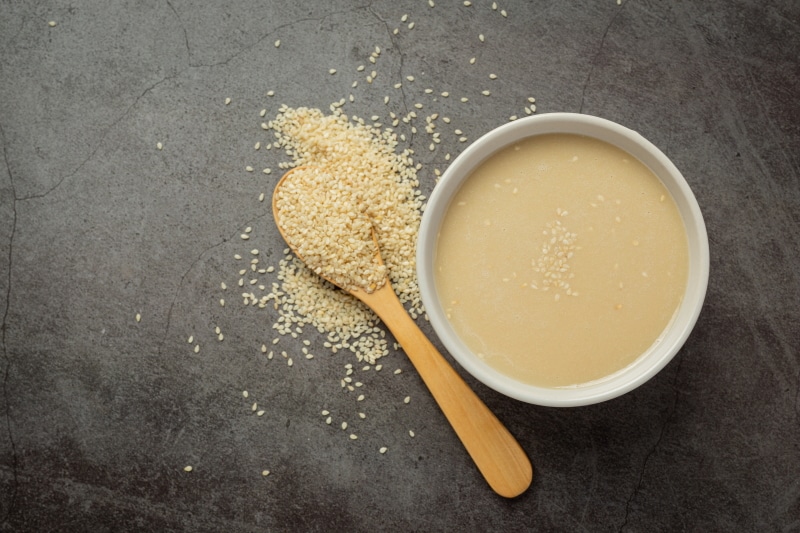
These are the top 5 foods to acquire iron from a Vegan Diet.
- Beans and legumes
Legumes are well-known for their high protein content, but they also contain a significant amount of iron. Beans, peas, lentils, and soybeans (including tofu and tempeh) are examples of legumes that can help you meet your daily iron requirements. a cup of lentils and a cup of chickpeas. Lentils and tofu both include roughly 6.6 grams of iron in a cup. When it comes to beans, kidney and lima beans have the most iron, with 5.2 milligrams and 4.5 milligrams per cup, respectively.
- Quinoa
Quinoa is commonly referred to as a superfood for a reason. One half-cup dry serving of this fluffy, hearty grain includes four grams of iron. If you’re suffering from anemia, consider substituting this iron-rich vegan dish for rice in your grain bowls.
- Sugarcane Blackstrap Molasses
Iron content is quite high in this thick, syrupy material, with 7.2 milligrams per two-tablespoon meal (almost a day’s supply of iron for males!). While we don’t advocate spooning molasses-like vegan Nutella, there are certain ways to include it into your daily diet. This recipe for muhammara dip is an excellent place to start.
- Seeds and Nuts
Yes, nut butter is included. While you’d have to consume a lot of nuts to meet your iron requirements fully, they do help you get there. Pistachios, almonds, pumpkin seeds, and sesame seeds are all high in iron and comprise from 1-2.7 mg per one-ounce dose.
- Tahini
Though Tahini technically is made from seeds it deserves its own mention. Tahini is a Middle Eastern condiment made from toasted ground hulled sesame. It is served by itself (as a dip) or as a major ingredient in hummus, baba ghanoush, and halva. In a 100-gram reference amount, Tahini provides 34% of iron.
Tahini is used in the cuisines of the Levant and Eastern Mediterranean, the South Caucasus, as well as parts of North Africa. Sesame paste (though not called tahini) is also used in some East Asian cuisines.
- Leafy greens
Leafy greens are truly nutritional powerhouses, as Popeye predicted. Swiss chard has a high iron content, with roughly four milligrams per cup cooked. Spinach also contains a significant quantity of iron, although it is difficult for the body to absorb. Other greens to consider are Brussels sprouts, broccoli, and kale.

